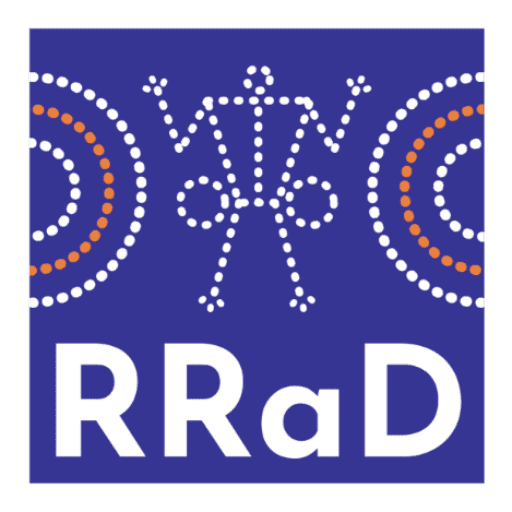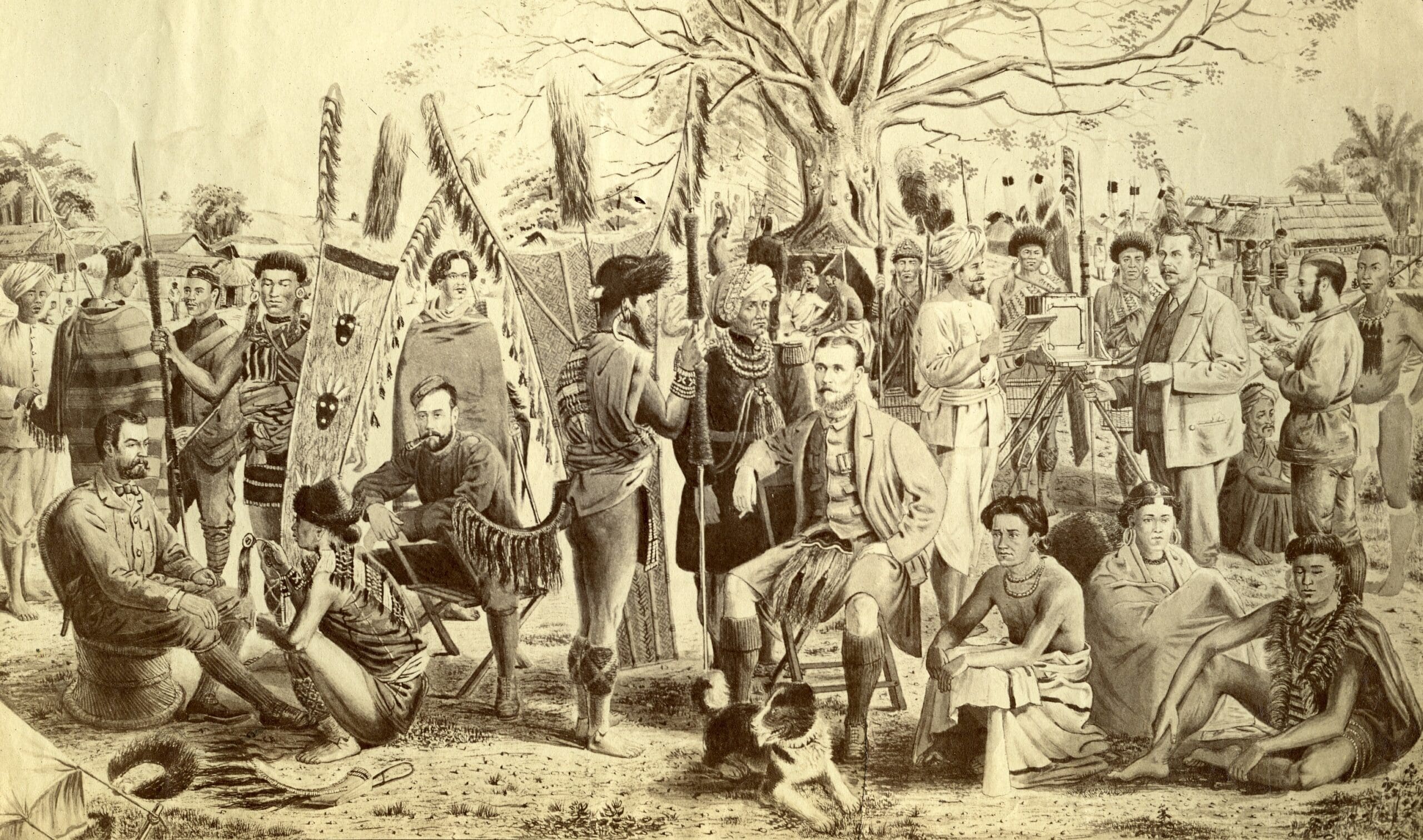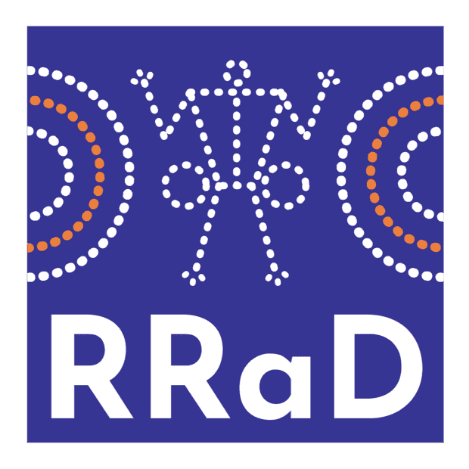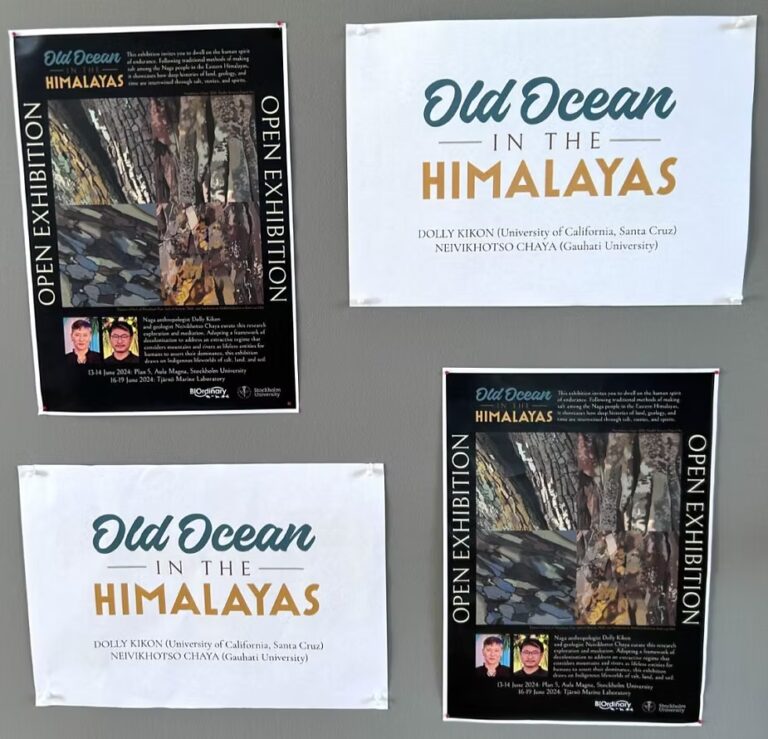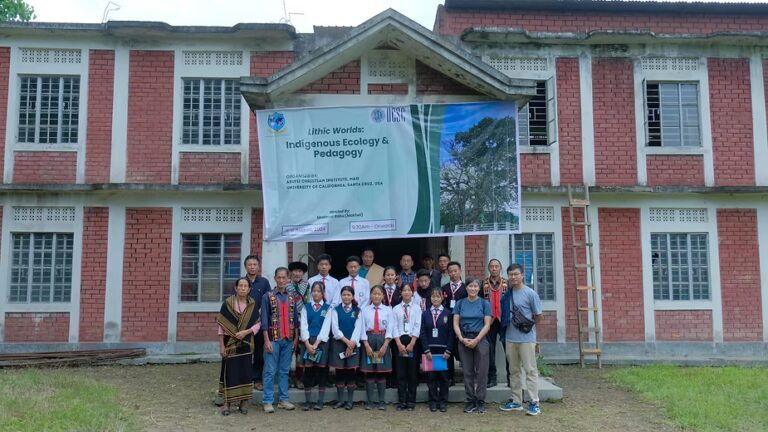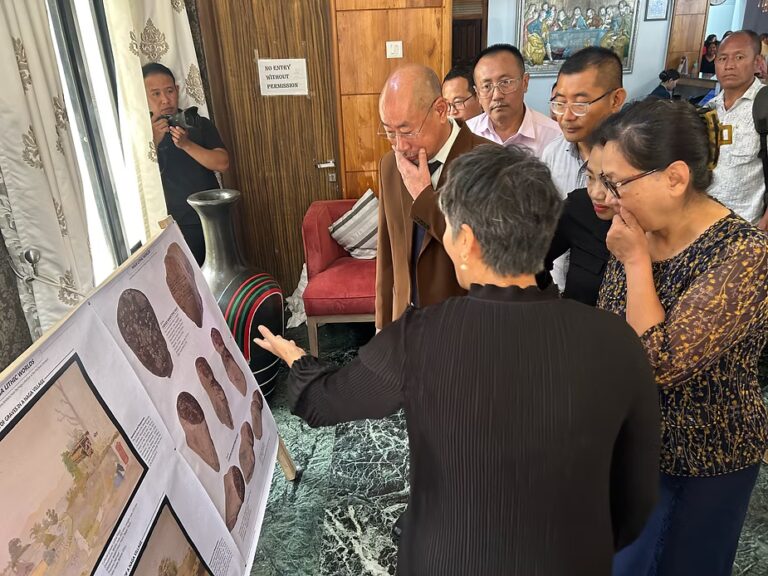Did tribes exist before colonialism? This is the rhetorical question that Ugandan political commentator Mahmood Mamdani asks us in Define and Rule. Tribe as an ‘ethnic group’ with a common language existed. Yet, tribes as an ‘administrative entity’ that “distinguishes between natives and non-natives and systematically discriminates in favor of the former and against the latter – defining access to land and participation in local and rules for settling disputes according to tribal identity – certainly did not exist before colonialism.” From this perspective, tribe as an administrative entity, which was central to colonial rule, is absolutely a construct of colonisation.
When differentiating between tribe as an ethnic group from that of an ‘administrative entity,’ it is crucial to recognise that colonisation was as much about colonial conquest through military, economic and political power, as it was a cultural genocide and ‘cultural technologies of rule.’ Nicholas B. Dirks in Castes of Mind – Colonialism and the Making of Modern India asserts that colonisation was absolutely a cultural project enabled by the production of colonial knowledge. Dirks emphasises that, “colonial conquest was about the production of an archive of (and for) rule.” In essence, the interplay of colonial knowledge and colonial rule were the defining elements of colonisation. In reality, an anthropological rule!
Naga individuals have time again reiterated the need to shed tribalism and the many ‘isms’ it leads to which will require looking beyond the symptoms and addressing its roots. It is a meaningful place for Nagas to begin by asking, did tribes exist before colonialism? Colonialism is not just a question of one culture taking control and imposing itself over the “cultural other.” It involves a series of cultural, economic and political relations which work against self-determining values and praxis. Consistent with the Colonial project of dehumanizing Indigenous Peoples and calling them “tribes,” the British characterization of Nagas as “savages who were head-hunters” was another justification for ignoring the rise of the Naga collective consciousness for self-determination.
Naga history informs us that Nagas consisted of independent village-republics. According to Andrew Gray, the Naga democratic ‘village states’ were “likened to Greek city states, an image which Britain used at that time to conjure up as the height of civilization’ with ‘cultured nobility.” This, he suggests, was one of the reasons why Nagas were “excluded … from the hierarchical influences of the plains.” Developing a Naga perspective on the pre-colonial status of the Naga people is fundamental to understanding our history and the decolonization process. This means interrogating and examining the colonial writings of the Nagas produced by colonial administrators, military officers and missionaries as an archive of and for rule.
What is interesting to note is that John Henry Hutton, who lived and worked with the Nagas from 1913 to 1930, wrote an essay some thirty five years later in 1965 in which he reflect, “It is possible to look back and take a wider view and see the Nagas as a people rather than an assortment of tribes or even of villages.” This statement is particularly interesting since Hutton was a British anthropologist and a Civil Service administrator who gathered information and created colonial knowledge during the period of the British Raj.
From the Naga narrative, colonialism introduced, organised and mobilized Indigenous Peoples as tribes. This is particularly evident in today’s use of tribe in the Naga affairs, where tribe is an ‘administrative entity’ that “distinguishes between natives and non-natives and systematically discriminates in favor of the former and against the latter – defining access to land and participation in local and rules for settling disputes according to tribal identity.” The structural and functional use of tribe is what results in tribalism. For instance, institutionalisation of tribe as an ‘administrative entity’ occurred with the formation of Nagaland state, while the mobilisation of tribe as a political power occurred when tribe became the basis as an administrative entity, not administrative governance. The formation of districts based on tribe as an administrative entity is an extension of colonialism.
Decolonisation is the key towards finding ways and means to overcome the concept of tribe and expunge and completely tribalism in the Naga context. And somewhere in the decolonising process, Nagas will learn to cross two boundaries. First, when it comes to ideas about justice, peace and the Naga future, it requires people who do not agree about everything to imagine together a shared destiny. Second, since tribalism is divisive, people must work with people who are not solely from their own tribe, organisation, faction and who were not previously their friends. By forming relationships and building trust incrementally common ground can be found that makes possible removing the structures and functions of tribalism.
First published in The Morung Express on August 10 2022
Link: https://morungexpress.com/did-tribes-exist-before-colonialism
